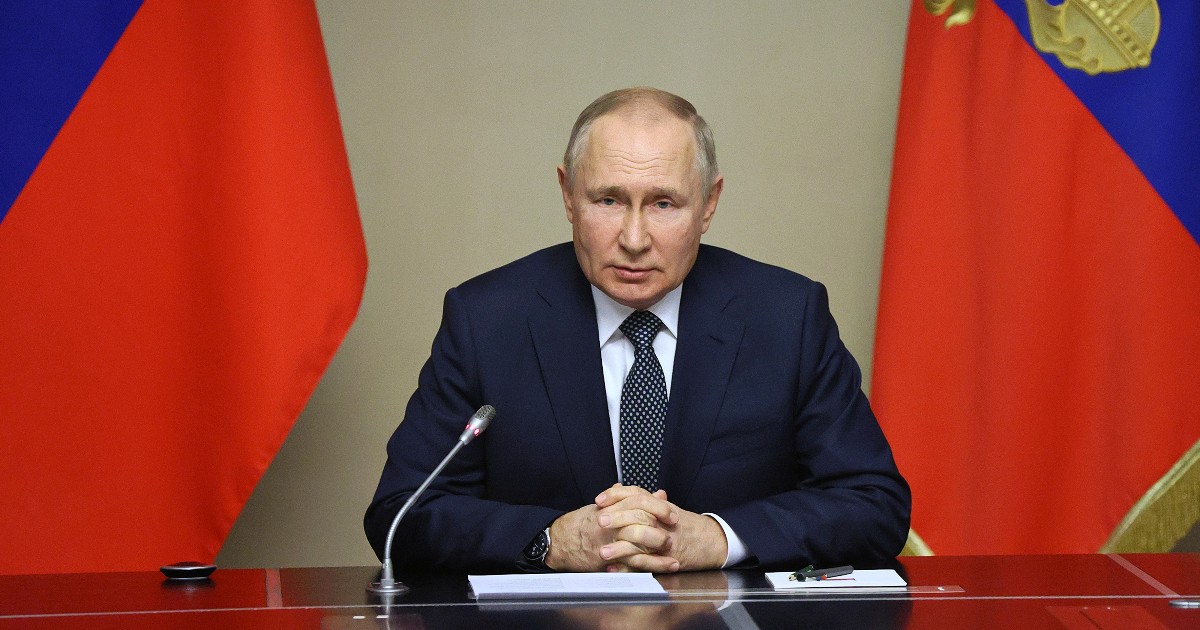The founding idea upon which European institutions were built was to consolidate peace and share prosperity on the basis of trade integration. Based on this original idea, Europe became one of the main bastions of free trade based on multilateralism. The truth is that the European construction embodied an ideal model of a peaceful world based on common commercial interests for the global economy as a whole. Europe, the seed of lasting peace that Immanuel Kant dreamed of. But during the period from the financial crisis to the pandemic, we woke up from this dream. Surprisingly, the world of the 2020s looks less like the world Yesterday's world Since the end of the last century and the beginning of the current century. The ideals of free trade are slowly but inexorably giving way to protectionist instincts. Multilateralism is collapsing in a world increasingly polarized by the confrontation between the great powers of the East and the West.
The Europe of lasting peace that Kant dreamed of is collapsing.
But it is important to realize that this paradigm shift did not happen by chance. The commitment to free trade at the hands of globalization has never fully matched the fully competitive world of liberal ideals. Strategic behaviors have always played an important role and the opportunities have never been fully levelled. Recent protests by European farmers in the face of foreign competition that does not play by the same rules are remotely related to the unrest in many former industrializing regions that were forced to compete with emerging economies with much lower social burdens and little regulation. Globalization has helped lift a large portion of the world's population out of poverty, but it has also had asymmetric effects in the more developed world, with winners and losers.
The problem for Europe is that trade integration is part of its DNA. With the prospect of economic fragmentation, the European project has become unclear. The major European engine, Germany, has witnessed the fragility of the model that relies on high value-added industrial exports driven by cheap energy coming from the East. European economies as a whole suddenly found themselves vulnerable to the collapse of value chains and supply problems for some critical products. The eternal dilemma between state and market seems to be swinging once again, like a pendulum, towards the states. However, it is important to remember that there is no (democratic) state without a market, and no (socially inclusive) market without a state. The greatest challenge facing Europe now is to promote an integrated and open market in an unstable and fragmented world, and dealing with this problem requires more of the state. This means more political integration. However, in the European case, the dilemma between state and market is complex in form Triple dilemmaWith a third vector: the nation. In a world of nation-states with well-defined collective interests, the European Union, as a stable and credible political player, is currently a fiction – a useful one, but a fiction.
The great challenge is to promote an integrated and open market in an unstable and fragmented world.”
Thus, the European triple dilemma arises between the state, the market and the nation. It is only possible to give priority to two of these vectors simultaneously, and to subordinate the third. For example, Europe could decide to prioritize first movers, adopt federal-state instruments, such as issuing a common public debt or a common industrial policy, and move in parallel toward greater economic integration in services and capital markets. . Instead, European countries may end up choosing the market and the nation, gradually retreating towards the free trade area and prioritizing national identities over the common political project. Finally, there is the possibility of returning to nation-states that do not enjoy common sovereign territories, and forgetting the dream of integrated markets as a guarantee of a peaceful and prosperous future. The European elections in June will not solve this trilemma, but each of us would do well to seize the opportunity to reflect, without nostalgia for the world of yesterday, about what we want the world of tomorrow to be like. If we truly want a Europe united in diversity and realistically defending the ideals of peace and progress in an increasingly complex and fragmented global landscape, or if we accept the fate of small states in a world of giants as inevitable.

“Freelance social media evangelist. Organizer. Certified student. Music maven.”



